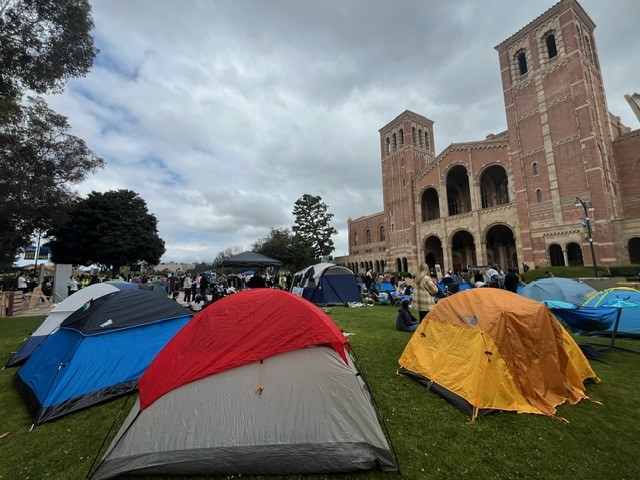A new nonprofit organization announced Wednesday it has filed its first legal challenge, focused on the city of Whittier, to local laws restricting conversions of home garages into additional living spaces.
Californians for Homeownership, sponsored by the California Association of Realtors, filed the lawsuit Aug. 26 in Los Angeles Superior Court. The group is seeking an order requiring Whittier to comply with a new state law requiring cities to allow the conversion of garages and other underutilized spaces into new housing units.
A representative for the city did not immediately reply to a request for comment.
The California Association of Realtors released a statement saying it wants to protect the right of every homeowner to develop an accessory dwelling unit through the conversion of an existing garage without having to replace the lost parking with enclosed parking spaces elsewhere on the property.
"CAR has long supported affordable housing through its legislative efforts and we want to make sure that cities comply,'' said CAR President Jared Martin.
Matthew Gelfand, in-house counsel for Californians for Homeownership, said state law on the issue is clear.
"If you own a single-family home in California and your garage can be safely converted to housing, you are allowed to convert it," said Gelfand.
Local
Get Los Angeles's latest local news on crime, entertainment, weather, schools, COVID, cost of living and more. Here's your go-to source for today's LA news.
"Whittier is one of a small number of cities that is refusing to comply with the state law. These cities hope that they can get away with their illegal behavior because homeowners are ill-equipped to sue. Our (case) sends Whittier and cities like it a clear message: No city is above the law.''
Litigation was an option that Californians for Homeownership preferred not to use, but Whittier forced the issue, according to the organization's statement.
"We chose to sue Whittier because its conduct was among the most egregious we uncovered during our investigation,'' Gelfand said. "We tried to convince the city to comply with the law, but after several months of discussion, Whittier city staff told us they would try their luck in court.''



